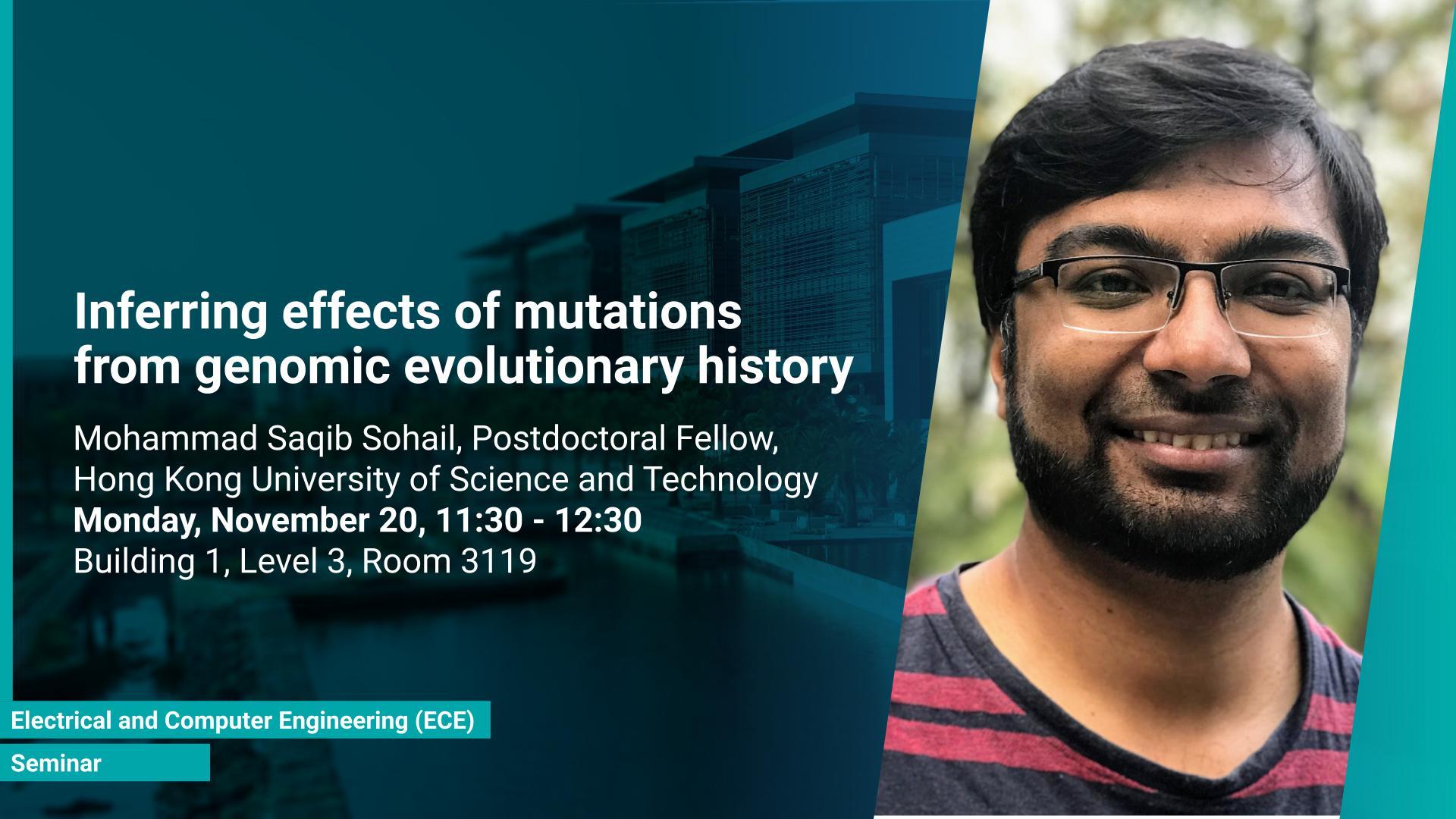Abstract
One of the fundamental problems in population genetics and molecular evolution is to understand the drivers of genetic change in a population: which mutations affect the ability of an organism to survive, reproduce, and pass its genes to the next generation, while which mutations are mere "passengers" that do not affect this ability? In principle, the evolutionary history of a population contains information on the effects of mutations (deleterious, beneficial, or neutral) occurring in the population. However, extracting this information is challenging because the evolutionary dynamics depend not only on the cumulative effects of many mutations but also on the competition between many individuals in a diverse population. The inference problem is further complicated by the confounding influence of drift, recombination, and epistasis.
To solve this important problem, we present the marginal path likelihood (MPL) framework, a path integral approach, to estimate the effects of mutations from genetic time-series data which takes into account the complex evolutionary dynamics. A key feature of this framework is that it allows us to derive an analytical expression for the estimate of the effects of mutations. The resulting solution is computationally efficient and accurate.
Brief Biography
Muhammad Saqib Sohail is currently a post-doctoral fellow in the signal processing and computational biology group at the Hong Kong University of Science and Technology (HKUST). He received his PhD in Electronic and Computer Engineering from HKUST, and MSc in Electrical Engineering from King Fahd University of Petroleum and Minerals. He is a recipient of the prestigious Hong Kong Postgraduate Fellowship Award. He was a visiting student at the Department of Genetics of the University of Cambridge. Saqib's areas of interest include computational biology, viral evolution, and applications of machine learning and data science to vaccine design.
